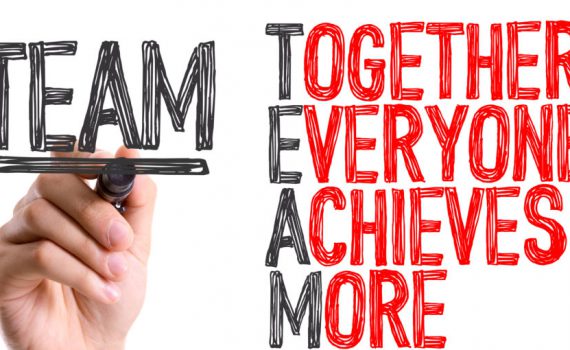
Building a Successful Team
Category:CommunicationsWhen Not Everyone Wants to Belong
We have been serving the people who serve the public for fifteen years. Over this time, we have recognized that there are organizations who serve well and others who struggle
Sometimes all it takes is one person within an organization who doesn’t play nice. If this person is in a position of leadership or key responsibility, whole projects can be in trouble. At times people can take on bully tendencies at work. This may not be the person’s typical personality trait, but a situation has brought the behavior to the surface. At this point, the whole organization can become dysfunctional.
We have such a good team now that some days it is hard to remember that we’ve had times of dysfunction. I love when a team functions as a team and everyone can use their talents and gifts to maximum benefit for our own company and for our clients. God is really blessing us. However, we know, no business is exempt from toxicity and we work at the balance.
Don’t ignore the issue
When we work with organizations to implement our software, we recognize the people who are barriers to success, it is partially because we have experienced that problem ourselves. These people may be smart and have other great qualities but may be resistant to change. This is probably the greatest difficulty in any industry, overcoming not only resistance to change but flat out refusal to change.
Or perhaps there is an internal personnel issue. This is a tough situation. No one likes being uncomfortable around people. We have found coworkers treading lightly around some difficult people. These workers might consider any interaction with others to be an imposition, and in most of these cases, the other workers agree. This does not lend to a positive and productive team environment.

Lessons Learned
Here is what we have learned. When possible extend patience and kindness to people even when it is hard. Projects are meant to make organizations a better place; better efficiency should equate to more productivity. Creating buy-in from your employees is the most important. Ask questions that make them feel worthwhile. These difficult people most often just want to be heard. Listen to them and guide them to the changes in their work habits.
Other Tips:
- Get involved, handle the issues at hand, immediately.
- Build the team members up and create a positive work environment.
- Open up the communications to assist the situation.
- Be prepared to make tough decisions and stand by your decision.
Be satisfied to win them over slowly. This undoubtedly could push the date of project completion out but will ensure greater overall success if all team members are involved.
Avoid Organization Dysfunction to Reach Project Success
If people in management positions are unwilling to deal with the problem worker, the result will be organization dysfunction. This dysfunction will result in wasted resources, time and money. And like a fungus, will grow throughout your organization. The end result is most likely project failure. Nothing we do will make a successful system implementation if a change is not embraced, encouraged and accepted. I never like to walk away from a sale, however, project failure is not our goal. We work with our clients to successfully complete projects to reach an organizational goal.
“Be prepared to help your staff push through any growing pains. Put your house in order first, your processes must be in place before expecting software to fix it. You have to be in it to win it and have the mentality to commit and stick with it.”
Felix Reyes, DIRECTOR OF ECONOMIC DEVELOPMENT AND PLANNING NEW LONDON, CT http://localhost/2019/02/14/city-of-new-london-success-story/
If you have dysfunction growing on your team, all is not lost. Set your goal and build your plan. Ask yourself who needs to be part of this project, and am I willing to do what it takes to make sure each member of our team is on board? Follow through and plan for success, not a failure.